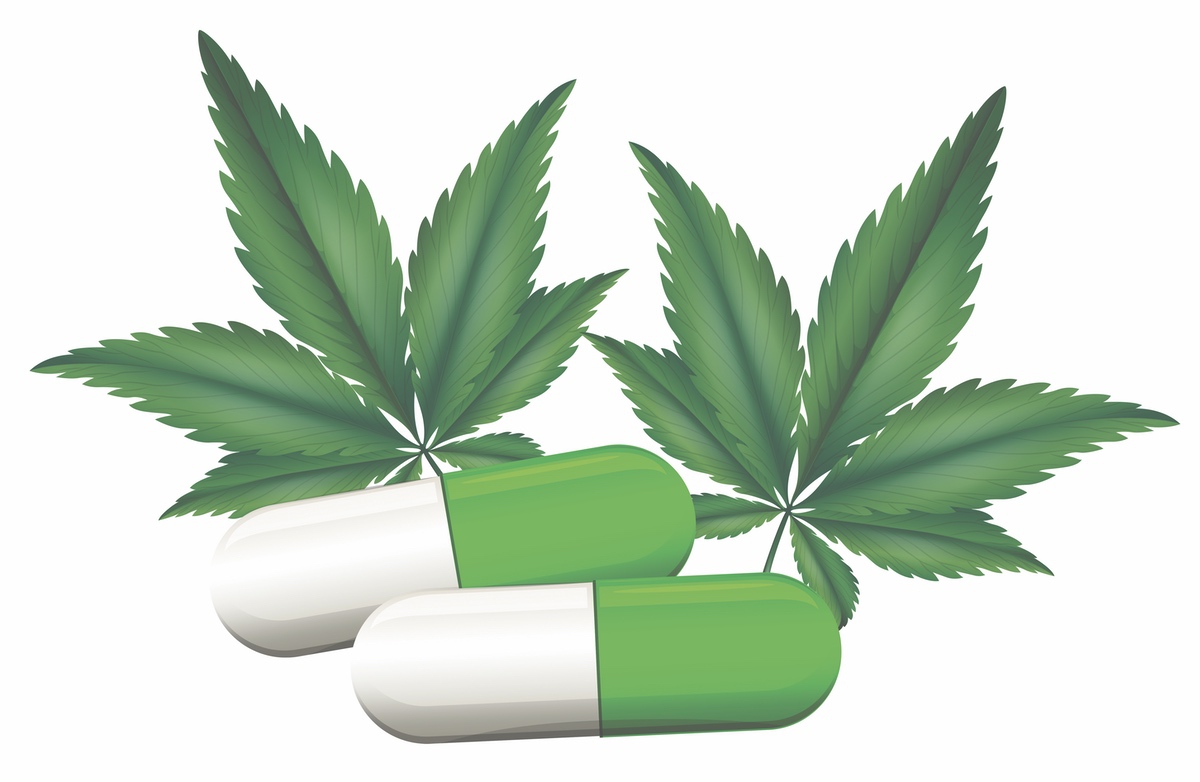This past year of 2021 saw record sales of $1.38 billion dollars in Illinois revenue from the state’s 110 recreational and medical marijuana dispensaries. One-third of the Illinois-approved purchases were made by out of state visitors. Illinois became our country’s 11th state to allow people to use “pot” recreationally on January 1, 2020. On January 1, 2014, Illinois had already registered with the Department of Health as our country’s 20th state to sell marijuana with a medically approved physician prescription.
Mayo Clinic informs us “Medical marijuana is a term for derivatives of the Cannabis sativa plant that are used to ease symptoms caused by certain medical conditions (medical cannabis). This plant contains many active psycho-active compounds.”
Mayo continues, “The best known (compounds) are delta-9 tetrahydrocannabinol (THC) and cannabidiol (CBD).” THC is the main ingredient that makes people “high” when taking marijuana.
The Clinic adds, “U.S. federal law prohibits the use of whole plant Cannabis sativa or its derivatives for any purpose. In contrast, CBD derived from the hemp plant (less than .3% THC) is legal under federal law. Federal law regulating marijuana supersedes state laws.”
Today many states, like Illinois, allow THC to be used for medical reasons.
Medicinal use of marijuana has become legal under their state laws for residents with specific illnesses needing pain relief as the drug’s main function. The Illinois General Assembly tells us that the recorded use of cannabis as a medicine goes back 5,000 years in its confirmation of pain relief in certain illnesses. Studies, published since the 1999 National Academy of Sciences’ Institute of Medicine (March 1999), show the therapeutic value of cannabis in treating a wide selection of debilitating medical conditions.
Today cannabis has been recommended by thousands of licensed physicians to at least 600,000 patients in states approved with medical cannabis laws. Cannabinoids are the active chemicals found in medical marijuana. They are similar to chemicals the body already makes that are involved in appetite, memory, movement, and pain.
Did you also know that your body makes marijuana-like chemicals that affect pain and inflammation? EarthMed advises patients to ask their doctor if medical marijuana should be used in treating their individual condition. If your physician approves of its safe use for you as an individual, you will get a “marijuana card.” This will entitle a person to be added to a list that allows purchase of marijuana from an authorized seller known as a dispensary. The computer site acknowledges, “While there are hundreds of health conditions that can potentially be helped by the use of medical marijuana, the state of Illinois (subject to continual future change) only (now) recognizes these following medical conditions as (possibly) treatable using cannabis:”
Amyotrophic Lateral Sclerosis (ALS), Autism Spectrum Disorder (ASD), Cancer, Chronic Pain, Epilepsy, Fibromyalgia, Inflammatory Bowel Disease, Lupus, Migraines, Multiple Sclerosis (MS), Parkinson’s Disease (PD), Post-Traumatic Stress Disorder (PTSD), Rheumatoid Arthritis (RA), Spinal Cord Disease and Injury (SCD or SCI).
Part 2: Age Group with Highest Use, Side Effects of Usage, Addiction Percentage, Medical Forms for Marijuana’s Usage, The Controlled Substance Act’s Approved Drugs for Usage: January 27 edition




